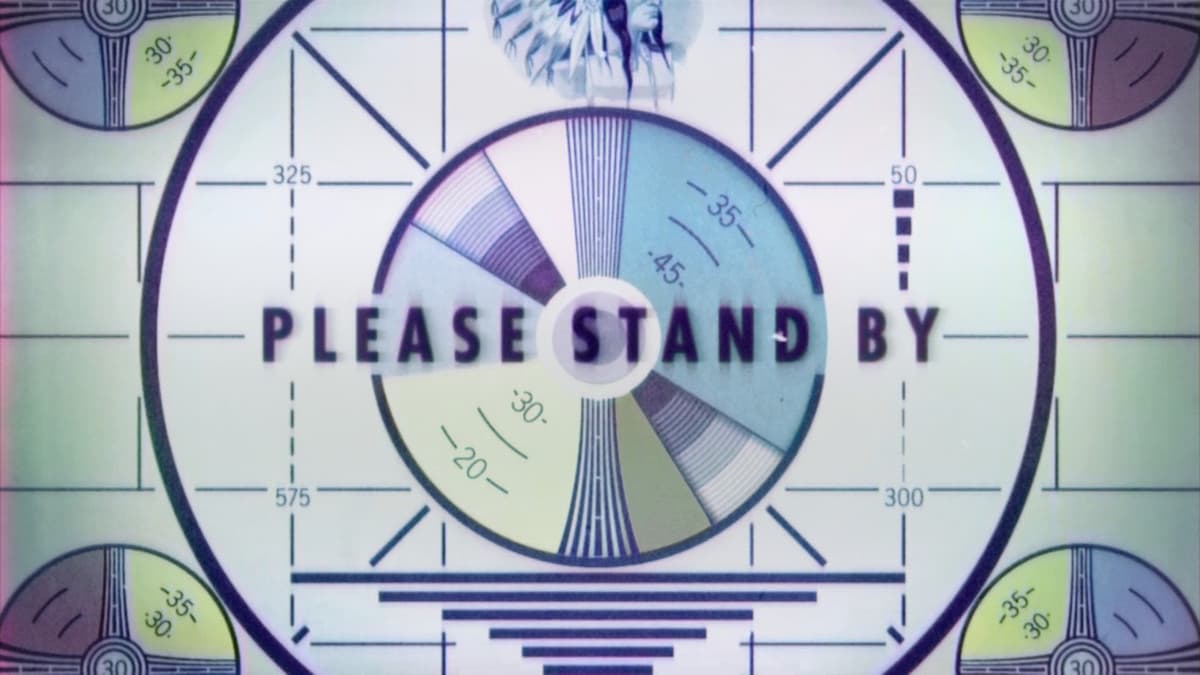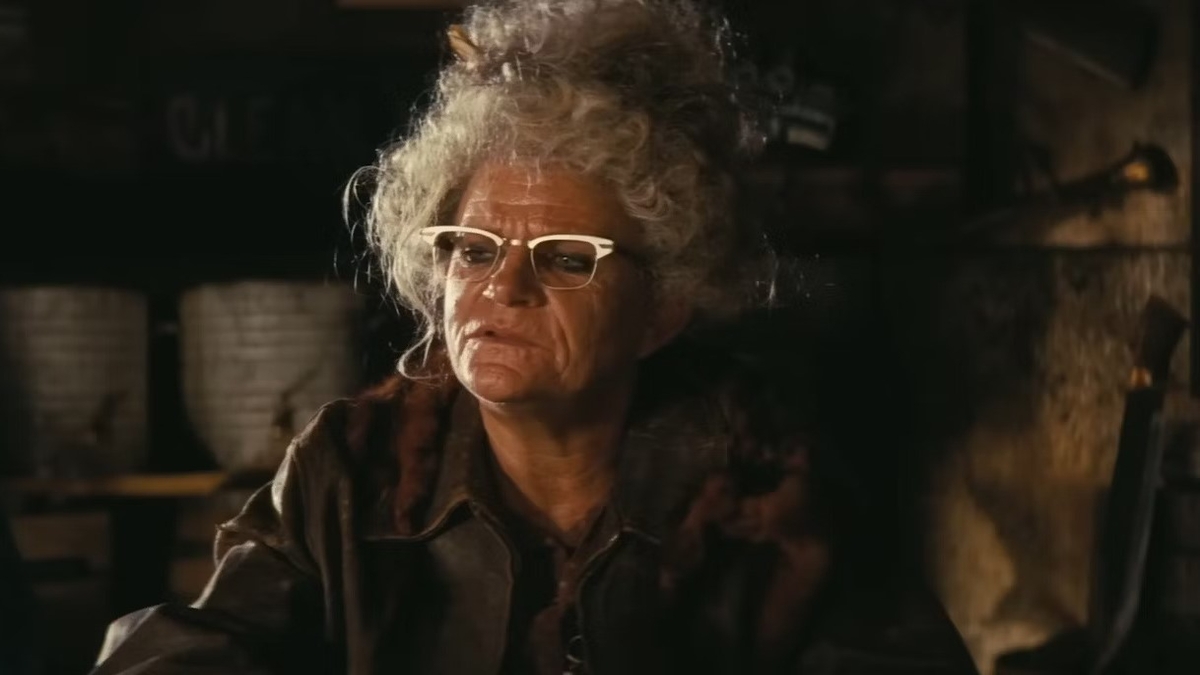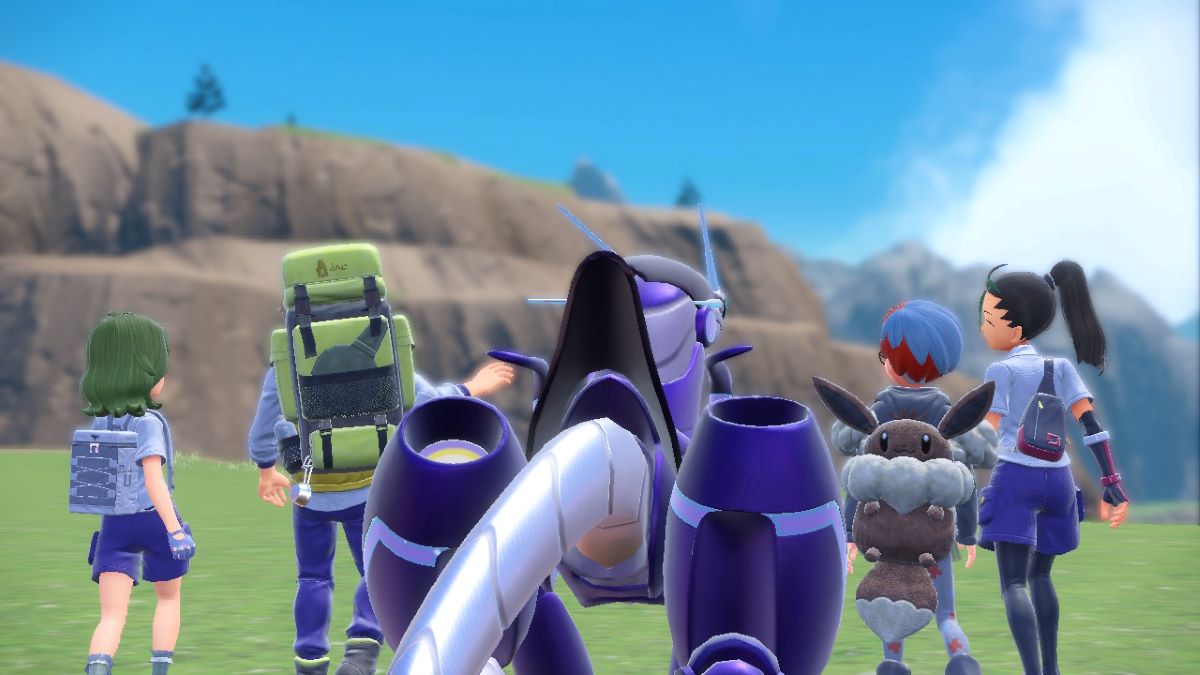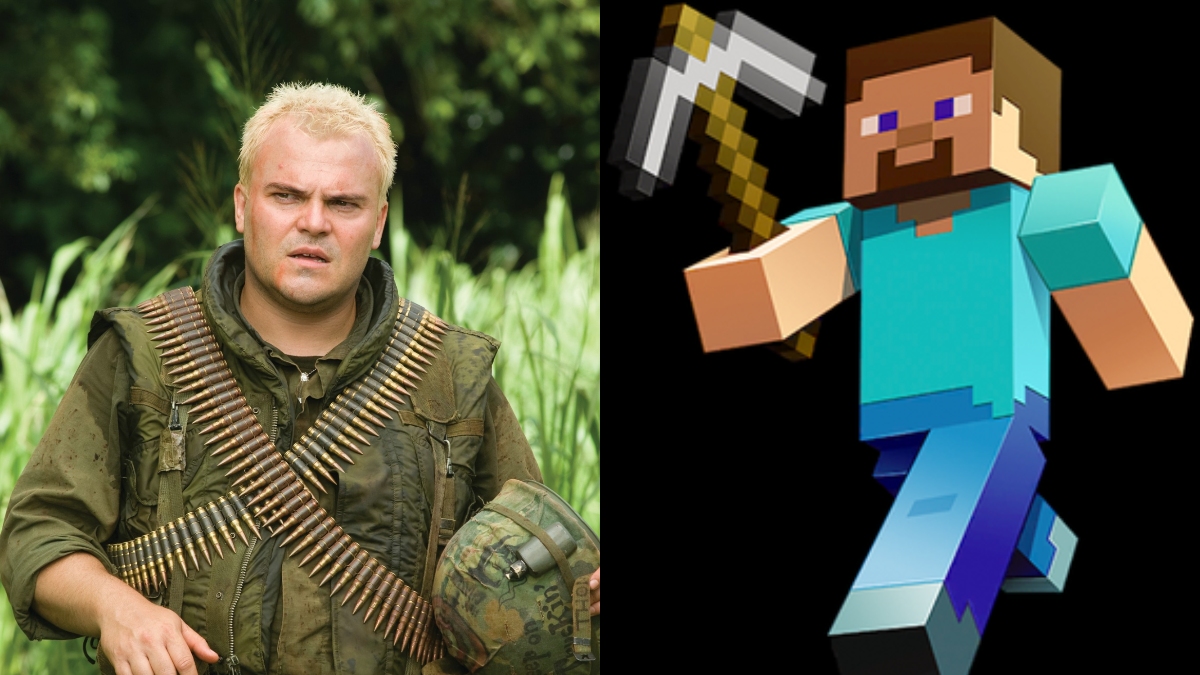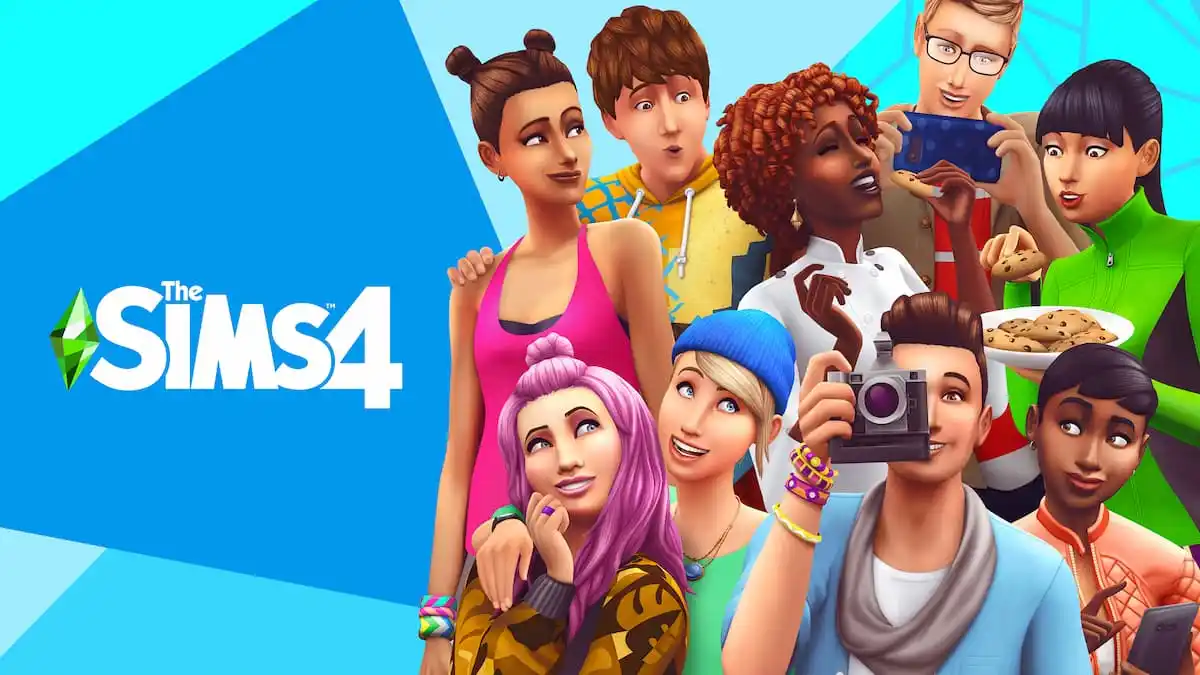BioShock Infinite is an entertaining game—it’s fantastic. The art direction is superb, the voice acting is some of the best I’ve ever heard, the music is spectacular, and the story is phenomenal.
But is it a good game? Maybe. But not entirely.
Kane & Lynch: Dead Men, on the other hand, is quite terrible. The characters can’t be related to, the story is jumbled, the controls are mediocre at best, and the game just makes you feel gross after playing it.
But is it a good game? Sure. But not for the reasons you might think.
BioShock Infinite’s story of regret and redemption isn’t new to games.
For the two people in the gaming community who don’t know, BioShock Infinite tells the story of Booker DeWitt, a remorseful man who is trying to let go of his past actions.
He was terrible person who did terrible things and made many mistakes, all of which he regrets every day. He travels to Columbia, the lost city in the sky, to atone for his sins by bringing a girl, Elizabeth, out of the city to an unknown benefactor. Things don’t go as smoothly as Booker expects, and he is forced to shoot his way through Columbia to get to Elizabeth and then escape the city.

In Kane & Lynch: Dead Men, Adam “Kane” Marcus is on the way to death row.
He is a man who has accepted the sins of his past, and is ready to die for the crimes he’s committed. He is a murderer and a horrible, horrible person. The truck he is sitting in gets in a crash, all part of a plan Kane doesn’t know about, and Kane is forced to make his escape with Lynch, another convict from the truck. Kane discovers that the organization of mercenaries he worked with, The7 (pronounced “the seven”), organized the crash. The7 have Kane’s wife and daughter, both of whom want nothing to do with Kane.
Kane has accepted his fate and is ready to die.
The7 accuse Kane of leaving them to die and running with money from a heist, which Kane adamantly denies. Kane, with the help of Lynch, who was working with The7 from the beginning, spends the rest of the story trying to find the money and save his wife and daughter—Kane tries to make one good decision in his life before letting himself die.

The disconnect between story and gameplay is called “ludonarrative dissonance.”
On the surface, neither of these stories really stands out.
Both involve remorseful men who have sordid pasts of murder and regret. The difference between the two games is called “ludonarrative dissonance.” “Ludonarrative dissonance” describes a disconnection between the narrative of a game and the gameplay of that game (“ludo-” meaning “game”). For example, the Batman: Arkham series has Batman, a vastly superior fighter, kicking the crap out of various villains and goons to save the day. In any Resident Evil game, players typically control a special agent as they take down zombie after zombie.

If you look at Batman: Arkham and Resident Evil 6, what happens in the story is what happens in the game—a harmony between the two exists.
Batman continues to be a hero and Leon S. Kennedy continues to be a zombie-killing machine in both the gameplay and the story. In a similar light, Kane & Lynch: Dead Men displays this harmony. Kane is remorseful. Kane is a terrible, terrible human being. Not only does almost everybody he knows tell him this, but he constantly reassures everyone that he really is a bad guy—he’s a villain.
Kane & Lynch was unsuccessful for the most part.
Kane & Lynch: Dead Men received relatively poor reviews, citing its poor controls, somewhat confusing narrative, and unlikable heroes. And, they’re right; the game isn’t that great as far as gameplay goes, and there are some narrative problems. The sequel, Kane & Lynch 2: Dog Days, suffers from the same problems and leave the player feeling gross.
However, the series still manages to forego ludonarrative dissonance and keeps the gameplay the same as the story. According to the story, Kane is a terrible person who does terrible things, and the gameplay reflects and supports that. Furthermore, the “gross feeling” that some players felt after playing the game suggests that the characters being difficult to connect with makes the game that much more effective—it’s a story where we don’t want the “heroes” to win because they don’t deserve it.

Booker is only a good person from a story perspective, not a gameplay perspective.
In Bioshock Infinite, on the other hand, the story suggests that Booker is a reformed person—a man full of regret who will fix his mistakes.
He is a good person, at least according to the story. The gameplay, on the other hand, has Booker killing hundreds of thinking, feeling people. Looking at the game from the viewpoint of any member of the city of Columbia, one would see a psychopath who is killing citizens en masse while kidnapping a girl with superpowers, seemingly for his own selfish reasons. If a random background character from Kane & Lynch looked at Kane, they would see a horrible murderer doing horrible things. There is no dissonance in Kane & Lynch. What you see is what you play.
In one key way, yes, Kane & Lynch succeeds where BioShock Infinite fails.
Is Kane & Lynch a better game than BioShock Infinite?
In one key way, yes, Kane & Lynch succeeds where BioShock Infinite fails. BioShock Infinite has a fantastic narrative—seeing Columbia for the first time is an amazing experience and seeing the emotion in Elizabeth’s face is just incredible—but the shooting gallery gameplay style is at odds with the heartfelt story of regret and redemption.
In truth, BioShock Infinite may have been a better puzzle game, platformer, or movie than it is a game, but that doesn’t take away from what the game accomplishes.

Nathan Drake from Uncharted is a good guy too… if you ignore the hundreds upon hundreds of people he kills.
Another example is the Uncharted trilogy on PlayStation 3. According to the story, Nathan Drake is a witty hero who eventually saves the day. He’s easily related to and constantly makes clever wise-cracks. He’s a good guy… Unless you count how he murders hundreds upon hundreds of people with guns, rocket launchers, explosives, and his bare hands. Nate doesn’t even flinch at the concept of killing, except once in Uncharted 2: Among Thieves. The narrative of the series is fantastic, as is the gameplay, but the two are at odds with each other.

Ludonarrative dissonance doesn’t necessarily make a game bad.
Ludonarrative dissonance in a game does not make the game bad or unsuccessful (if BioShock Infinite and Uncharted indicate anything), it just makes it flawed.
It’s possible to criticize elements of a game while still enjoying the game as a whole. 2013’s Tomb Raider is my favorite adventure game I’ve ever played, but there is a massive disconnection between Lara’s struggle with the concept of killing to survive and her ability to kill the island’s seemingly endless supply of angry dudes. Similarly, it’s possible to praise a single aspect of a game while the entire game isn’t that enjoyable—Kane & Lynch isn’t really a fun series and most of the criticism of the series is grounded in truth. But that doesn’t take away from the accomplishment of the lack of ludonarrative dissonance present in both games of the series.
Saints Row succeeds where Grand Theft Auto fails.
Saint’s Row succeeds where Grand Theft Auto fails in that the story and the gameplay complement each other. The story of Saint’s Row, at least Saints Row: The Third and Saint’s Row IV, is consistently zany and over-the-top, and the gameplay reflects that. On the other hand, Grand Theft Auto IV and V suffer from a massive juxtaposition between the harsh, serious story and the over-the-top stupidity that happens when players run around blowing things up, but that doesn’t take away the merits of the narrative by itself or the act of blowing things up by itself.
It would be nice if more games could strike a balance between gameplay and story so they complement each other in the same way that games such as Portal and even Saint’s Row succeed. There’s a place for over-the-top shooters like Call of Duty, and there’s a place for riveting stories like Alan Wake, but consistency is what will make this work.

